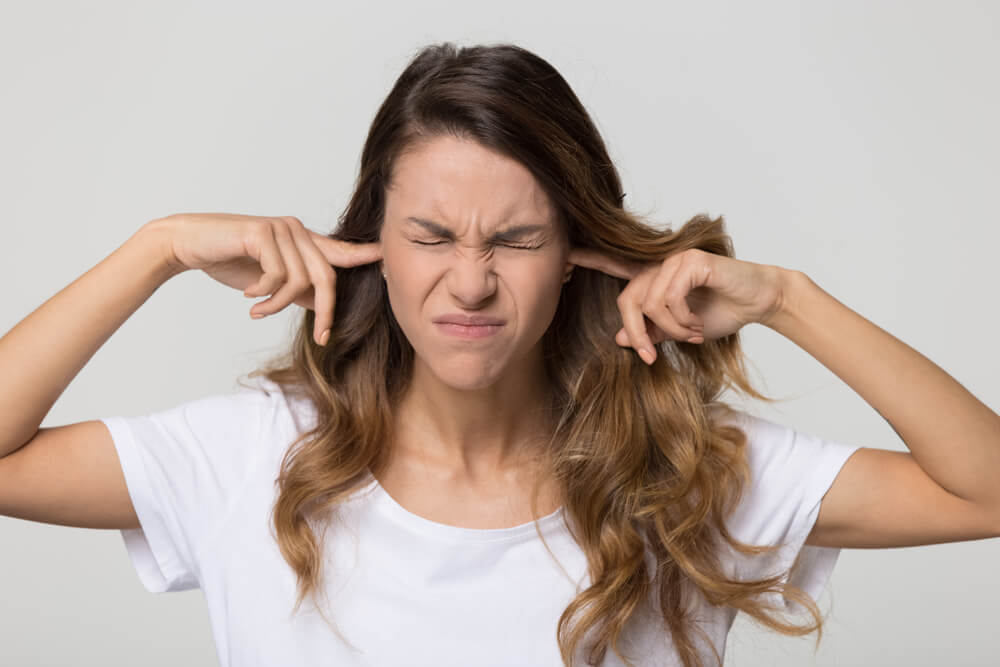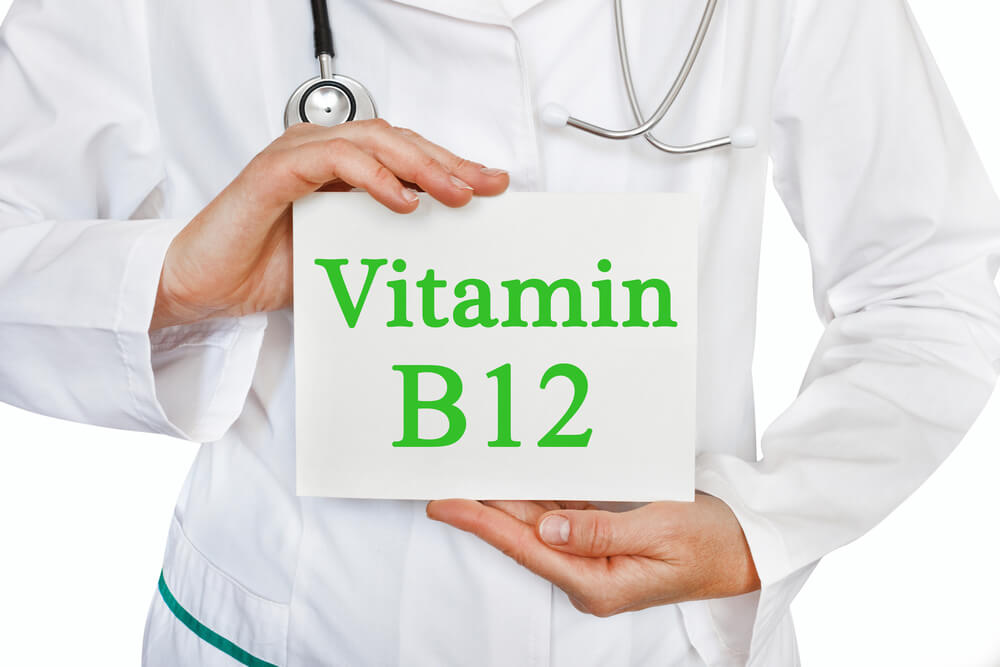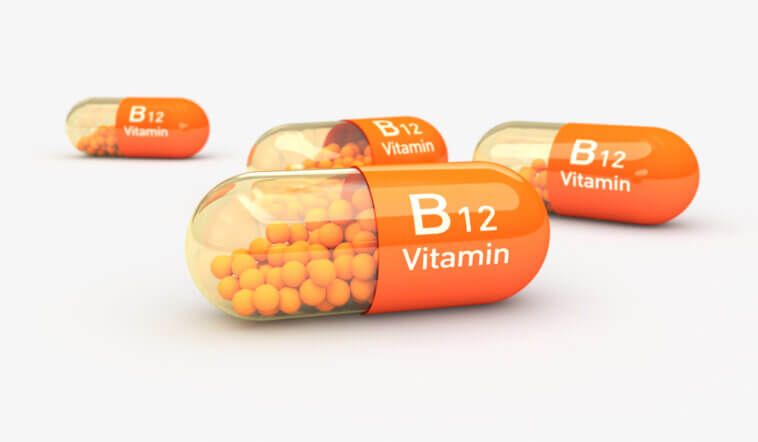There's limited evidence on Vitamin B12 for tinnitus. In fact, the available evidence is of low quality and limited. The BTA would support further studies into the effects of Vitamin B12 on tinnitus. In the meantime, it's important to consult your GP before starting any new medication. It is also important to take Vitamin B12 supplements as advised by your GP.
Treatment of tinnitus caused by vitamin B12 deficiency
Currently, Vitamin B12 supplementation can help treat tinnitus caused by a vitamin B12 deficiency. Vitamin B12 is an essential nutrient for red blood cells and DNA synthesis. It also keeps nerve cells functioning properly. It can improve memory and energy and can even prevent heart disease. However, further research is required to confirm the benefits of Vitamin B12.
A study in the North Indian population showed a high prevalence of vitamin B12 deficiency. Serum cobalamin levels were significantly low. The threshold value for cobalamin levels was 150 pg/ml. Patients with tinnitus had serum cobalamin levels that were significantly below the threshold level. However, hemograms revealed no abnormalities in the blood. Moreover, Shemesh et al. discovered that Vitamin B12 deficiency was associated with tinnitus and that vitamin B12 supplementation could help alleviate the condition. Patients with tinnitus and noise-induced hearing loss were significantly more likely to have cobalamin deficiency than those without it.
One randomized double-blind study in chronic tinnitus showed positive results in people with vitamin B12 deficiency. The researchers studied 40 people with chronic subjective tinnitus for at least six months. The participants were randomly assigned to one of two groups: group A received parenteral intramuscular Vitamin B12 every week, while group B received placebos. The participants were retested one month after treatment for tinnitus. The results of the study are promising.
A study from Era's Lucknow Medical College showed that vitamin B12 deficiency affected 47% of patients with chronic subjective tinnitus. In the control group, 27% of the patients had a normal hearing level. The vitamin B12 levels in both groups were significantly lower than the controls. Twelve out of the 40 subjects with tinnitus improved following vitamin B12 replacement therapy.
A patient with a vitamin B12 deficiency should seek medical attention if their symptoms persist or worsen. Injection of hydroxocobalamin, a clear red liquid solution, may be administered to correct the deficiency. The vitamin B12 deficiency is a worldwide public health concern, but the prevalence is unknown, due to the lack of population-based data.
Supplementing zinc with vitamin B12 is another option for treating tinnitus caused by a vitamin B12 deficiency. While the results of GBE are not conclusive, zinc is an excellent choice for people with recent-onset tinnitus. The recommended dose of GBE is 240-320 mg per day. When it comes to dietary supplements, however, there are many controversial claims.
Symptoms of tinnitus

In the last decade, scientists have been examining the link between vitamin B12 and tinnitus. While it's rare for young adults to have a vitamin B12 deficiency, around 20 percent of people over 60 may have too-low levels. While no conclusive evidence exists yet, vitamin B12 supplementation can alleviate the symptoms of tinnitus in some cases. A recent study in the B-ENT journal showed virtually no effect, whereas a recent pilot study in Noise & Health produced slightly more promising results. Dietary sources of vitamin B12 include meat and fish, with the recommended daily allowance of 2.8 micrograms.
Tinnitus symptoms are typically accompanied by a buzzing, hissing, throbbing, or whooshing sound. These noises may be in one or both ears. Sometimes, the noises may even sound like singing. When vitamin B12 is deficient, a patient will experience tinnitus as a result of impaired communication between the brain and the auditory nerves.
Researchers have found that vitamin B12 may improve tinnitus symptoms by decreasing blood levels of the neurotransmitter acetylcholine. In a randomized double-blind pilot study, 40 people with chronic subjective tinnitus were randomly assigned to receive intramuscular Vitamin B12 or a placebo injection on a weekly basis. One month after the study, the participants were tested to see if Vitamin B12 had any impact.
The Berkiten study found that 43% of patients had bilateral tinnitus while 57% had single-sided tinnitus. Twenty-six percent of patients with bilateral tinnitus had tinnitus in their right ear, while forty-five percent had it in their left ear. This is significantly higher than the tinnitus severity in patients with cobalamin deficiency.
While vitamin B12 supplements have shown promise in preliminary studies, further research is necessary. The safety of any vitamin supplement should always be verified by a physician, as dietary supplements may interact with prescription drugs and other conditions. Additionally, taking a supplement may not be a suitable option for people with certain medical conditions. The Georgia Hearing Center is a trusted source of tinnitus treatment. Its mission is to treat people with the condition and restore their quality of life.
In addition to taking a vitamin supplement, it's important to eat foods high in magnesium, which are rich in this mineral. A low-magnesium diet is one of the most effective ways to treat tinnitus, but it's not a foolproof method. A lack of magnesium may cause the symptoms to recur and can lead to depression. However, it's worth a try to find out how magnesium supplements can help you.
Treatment with vitamin B12

A recent study found that Vitamin B12 can effectively treat tinnitus. Researchers at Era Lucknow Medical College found that high doses of this vitamin, also known as cobalamin, had beneficial effects in a small group of patients with tinnitus. Although the B12 is not naturally produced by the body, it must be obtained from food. In addition to its role in nerve cell function, Vitamin B12 can improve energy, memory, and even prevent heart disease.
Vitamin B12 is used to treat tinnitus in two ways. In one way, vitamin B12 is taken intramuscularly, and the other is administered via capsules. Vitamin B12 is commonly deficient in people with tinnitus, and taking it may help improve symptoms. However, Vitamin B12 is not regulated by the Food and Drug Administration and may have unintended effects.
In addition to its role in the body, Vitamin B12 is associated with a low level of vitamin B. This is because a vitamin deficiency causes tinnitus. Supplemental therapy of vitamin B12 can help treat patients with tinnitus. Meat, dairy products, and fortified soy products contain vitamin B12. It is also necessary to regularly clean your ears. If you do not, you'll develop ear wax, which will exacerbate the tinnitus symptoms.
Zinc supplements have shown promise in some cases. However, research has been inconsistent and small, so these supplements have not been studied for long periods of time. In addition, the amount of magnesium you need daily is low compared to the recommended dosage for adults. To get sufficient levels of magnesium, you should eat foods high in magnesium. Foods rich in magnesium include spinach, squash, pumpkin seeds, flaxseeds, and quinoa.
Another form of vitamin B-12 for tinnitus is a shot. This form of vitamin B12 can be absorbed better when dissolved under the tongue, or taken by injection. It is also available in Canada in methlycobalamin, which is more easily absorbed by the body than any other form. Therefore, it is important to understand the mechanism of Vitamin B12 deficiency to ensure that the vitamin is suitable for the patient with tinnitus.




Comments
Loading…